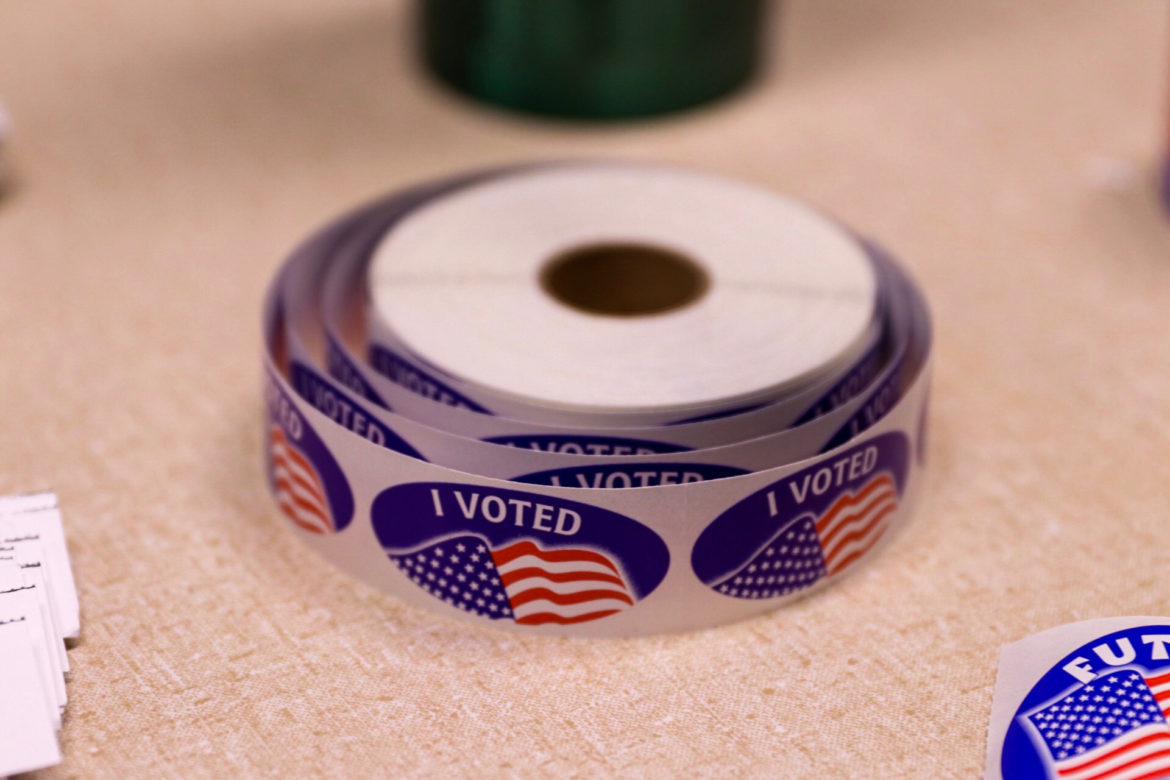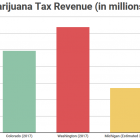News
Michigan youth vote dipped in 2016, but might have surged in 2018
|
The 2016 presidential election was a polarizing time for the country, and Michigan was no exception. Donald Trump won Michigan by 0.3 percent, taking the presidency with him by a margin of fewer than 10,000 votes, according to the New York Times. In contrast, Barack Obama won Michigan by 9.5 percent in 2012, netting roughly 450,000 more votes than his runner-up. MLive attributes this swing, at least partially, to voter turnout: More people voted in terms of raw numbers, but fewer voters turned out in traditionally Democratic counties. While partisan shifts are apparent in results, changing participation among Michigan’s voter demographics could provide more insight into the state’s level of civic participation and how it ranks alongside the Midwest and the rest of the country.








